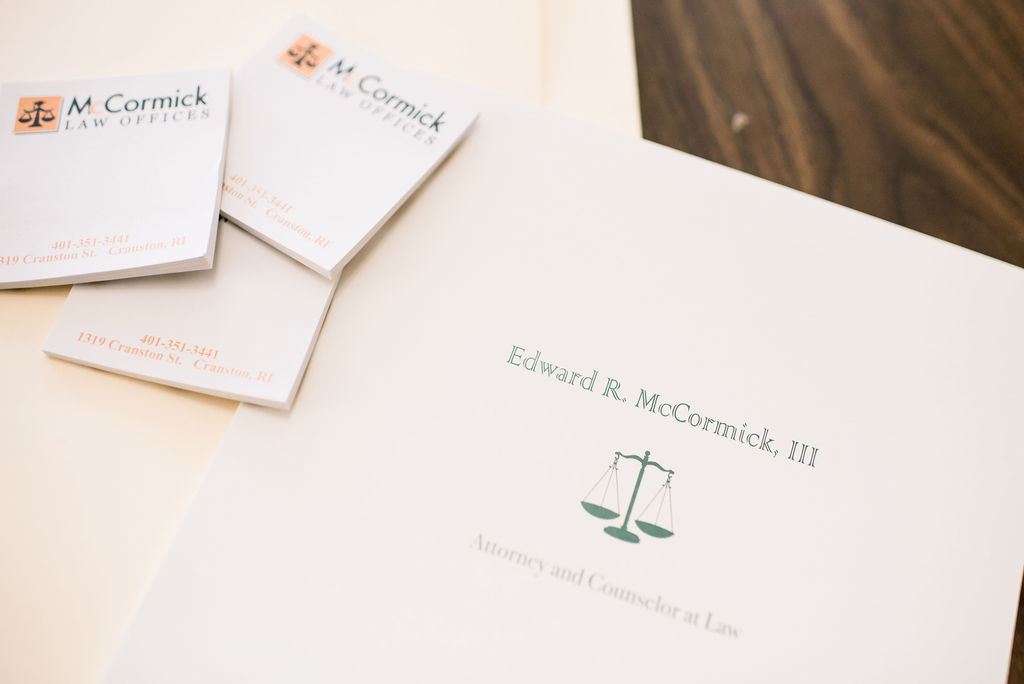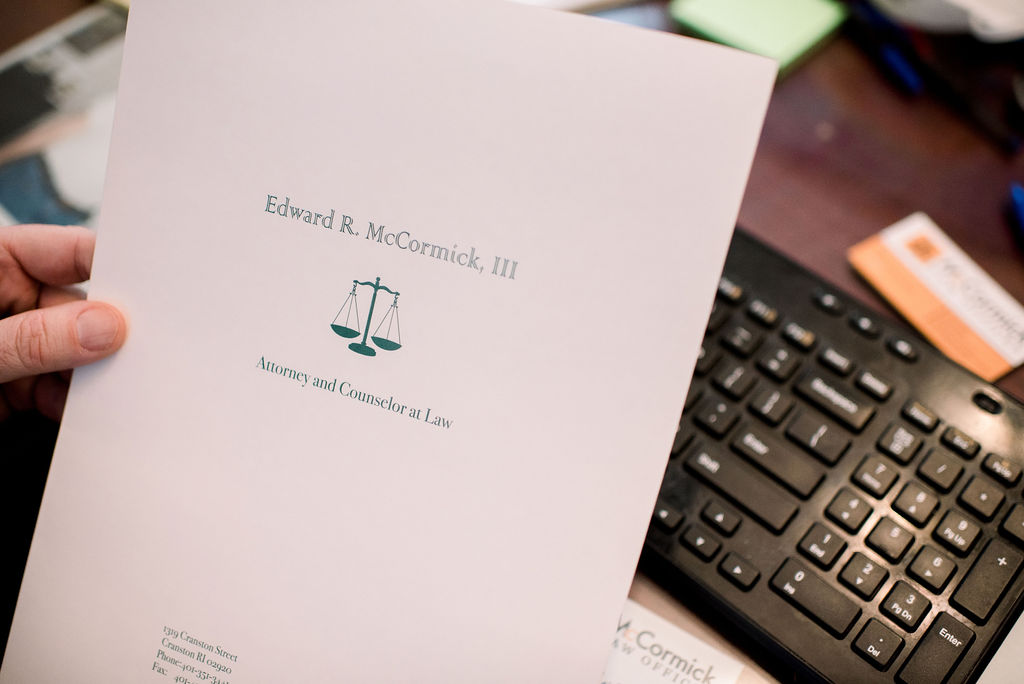If you’re going through a divorce or separation involving children, understanding child custody laws in Rhode Island is essential. Decisions about who a child lives with and who has legal authority over their upbringing can be emotional and complex. Rhode Island courts focus on the best interests of the child—and this guide outlines how custody is decided and what parents can expect.
Types of Child Custody in Rhode Island
There are two main categories of custody that the court may award:
Legal Custody
This refers to the right to make major decisions about the child’s life, including:
- Education
- Healthcare
- Religious upbringing
- Extracurricular activities
Legal custody may be:
- Joint Legal Custody – Both parents share decision-making responsibilities
- Sole Legal Custody – One parent makes decisions without input from the other
Physical Custody
This determines where the child lives and who is responsible for daily care. Physical custody may also be:
- Joint Physical Custody – The child splits time between both parents’ homes
- Sole Physical Custody – The child primarily resides with one parent, and the other may have visitation
How Courts Decide Custody
The overriding standard in Rhode Island is the best interests of the child. Courts evaluate many factors, including:
- The child’s relationship with each parent
- Each parent’s ability to provide a stable environment
- The child’s physical and emotional needs
- Willingness of parents to cooperate
- Any history of domestic violence or substance abuse
- The child’s preferences (especially if they are mature enough)
- Continuity in the child’s schooling, home, and social life
No single factor decides custody; the court considers the full context.
Parenting Plans and Custody Agreements
In most cases, parents are encouraged to create a parenting plan outside of court. This agreement may address:
- Custody arrangements (physical and legal)
- Holiday and vacation schedules
- Transportation and exchanges
- Communication between the child and each parent
- Dispute resolution methods
The court will review and approve the plan if it aligns with the child’s best interests.
Modifying a Custody Order
Circumstances change—and custody orders can be modified after they’re issued. A parent must demonstrate a substantial change in circumstances, such as:
- A relocation
- Changes in the child’s needs
- Parental noncompliance with the order
- Safety concerns
The court will again assess the child’s best interests before approving any changes.
Enforcing Custody in Rhode Island
If a parent violates a custody order, the other parent can file a Motion to Enforce. The court may:
- Reinforce the existing order
- Modify the order
- Impose sanctions for repeated violations
Legal enforcement helps ensure both parents honor their responsibilities and the child’s well-being is protected.
Why You Need a Family Law Attorney
Child custody disputes are emotionally sensitive and legally complex. A family law attorney can help you:
- Understand your legal rights and responsibilities
- Negotiate a parenting plan
- Advocate for your interests in mediation or court
- Modify or enforce existing orders
- Protect your child’s welfare throughout the process
Related Reading
Final Thoughts
Understanding child custody laws in Rhode Island empowers parents to make informed, cooperative decisions that prioritize the needs of their children. Whether you’re working toward a shared parenting agreement or facing a court hearing, professional legal support can ensure your voice—and your child’s interests—are represented and protected.
Facing a custody dispute or planning a parenting agreement?
Contact McCormick Law Offices for experienced, compassionate legal help.







